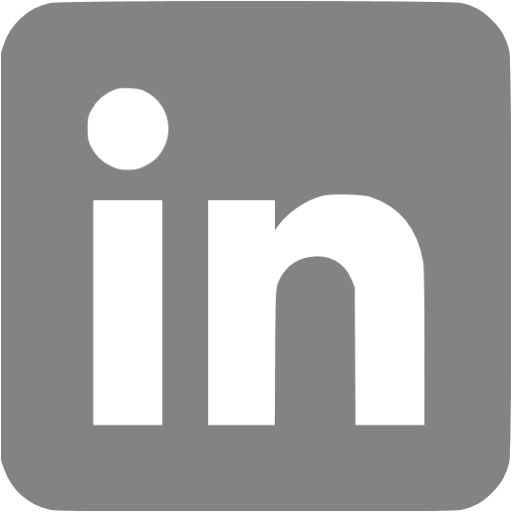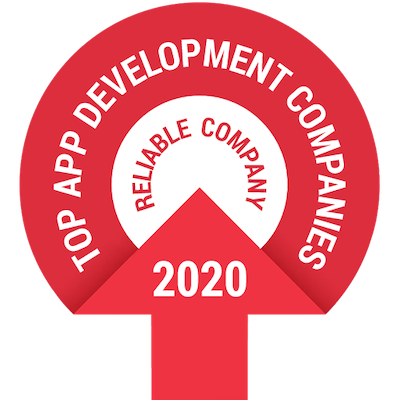
Behind the scenes of a successful mentoring program - Mentoring tips for tech leaders
Mentoring can be a great opportunity for personal and professional growth, receiving and providing guidance and support, and learning about new perspectives.
If you’ve ever wanted to organize a great mentoring program at your company, this episode is for you.
Magda Miu, Senior Engineering Manager at Adobe, discusses the importance of mentoring and shares her experiences as both a mentor and mentee. She highlights the benefits of mentoring, explains how she created a program at Adobe, and offers tips for others looking to organize something similar in their organization.
This blog post summarizes some of the topics discussed in episode 89 of the Level-up Engineering podcast hosted by Karolina Toth. Make sure to check out the full interview through your favorite podcast platform or Youtube.
In this post we’re covering:
- Magda’s personal experience with mentoring
- How to seek mentors
- Magda’s mentoring program at Adobe
- Building blocks
- Finding the right pairs
- Featured topics
- Challenges of the program
- Key takeaways from the program
- Adapt to your mentee
- Focus on the participants
- Bonus advice
- Follow the LOG framework
- About Magda
What’s your personal experience regarding mentoring?

Mentoring has always been a large part of my professional growth. When I had challenges or big decisions to make in my career, I wanted to reach out to people who had similar experiences and could give me advice. In other words, I was looking for a mentor in these scenarios, and I was lucky enough to find the right person each time.
One of my mentors was a friend of mine who helped me better understand the product perspective at my job. This was a huge advantage because I was very tech-oriented at the time, focusing on making processes more efficient and on writing clean code. She taught me how to switch my focus a little bit, so that I better see the whole picture and develop features that customers will actually need, which was a huge milestone for me.
6-7 years ago, I had to decide if I’ll continue to grow on the technical side, or I’ll step into a leadership role. It was a challenging decision to make, because I enjoyed writing code and being hands-on, but I was also passionate about working with people. At that moment, I contacted another professional who I looked up to a lot. What I’ve learned from her was that you need to have a dynamic equilibrium. It’s difficult to be perfect in all areas of what you do. Sometimes, you need to spend more time on delivering a project, preparing a proposal or addressing an unexpected change. It’s the same with work-life balance: sometimes, you spend more time at work, sometimes at home.
What’s your advice for people seeking mentors?

Be open to meeting other professionals. Go to conferences and meetups, chat with others and see if you could work together. It’s important to remember that mentoring is a two-way street: you exchange skills, knowledge, and feedback. In order to do all of this, you need to trust that the mentor you chose can help you in your professional growth.
Many people view mentoring as a one-way street, and understanding that it’s actually a two-way street only comes after you’ve been on both sides: being a mentee and a mentor later on. As a mentee, you may think your mentors won’t gain anything from helping you, but the reality is different. Being a mentor improves your communication skills, so that you can resonate with all sorts of people. You also gain knowledge, because your mentee will share stories and challenges from their industry. If there’s an age gap between the mentor and mentee, it’s also a chance to get new perspectives from a different age group. Last but not least, the feeling of helping others and giving back is just extremely rewarding. It’s an amazing feeling to see your mentee improve in their career.
Can you tell us about the mentoring program you run at Adobe?

There’s a specific organization within Adobe that had only very few women in senior positions back when I joined. They ran a mentoring program, and the participants enjoyed having women mentors a lot.
Based on this need, we built a program for all the women from Adobe Romania, and we named it Mentor Her. With three successful editions already completed, we are gearing up for the fourth next year. Personally, I served as a mentor for one participant, and it proved to be a gratifying experience. She not only earned a well-deserved promotion but also emerged as a dedicated champion for the program.
The building blocks of the program
First, we ensured a thorough understanding of our audience's needs to structure the program optimally. Next, we created a mission for the program. Then we assembled a team around us - in our case, they were volunteers, requiring us to organize the program mindful of their full-time jobs. The final and most important step was securing participants who were eager to learn and grow, while also being open to supporting the growth of others.
Finding the right mentor-mentee matches
To ensure we find the right mentor-mentee matches, we follow a list of criteria during the program.
On the registration form, we ask participants to share which organization they’re from, because we want to match people from different ones. This helps them gain new perspectives and learn from other areas of the company.
We also check the level of experience, so that juniors are matched with more senior mentors and not the other way around. Although more experienced professionals can learn a lot from juniors, too, participants expect someone more experienced than them as a mentor.
We also take into consideration if participants expressed that they want to learn more about a specific area, and match them with someone who can possibly teach them.
Featured topics of the program
We’re usually covering all sorts of topics during the program, which usually revolve around four areas:
- Stories and situations that happened in the past which participants want a new perspective on;
- scenarios that are happening right now, such as career-defining decisions;
- self-awareness, so that mentees are aware of their strengths;
- and skill building for improvement.
Challenges of the program
Finding the perfect match for everyone
There were some situations where the matches didn’t turn out to be perfect, because we usually have way more mentees than mentors, and we don’t want to overwhelm anyone by assigning too many participants to them.
At the last edition, many participants requested a mentor who specialized in personal branding, and it was difficult to grant this for everyone. Instead, we organized a workshop during the program that focused on this topic, but it’s not the same as having regular one-on-one time with a professional.
Timeline issues
It was hard to get the timeline right. After some iterations, we currently run the program itself for 10 weeks. During this time, we recommend that mentors and mentees meet two times per month for an hour-long session each time. We reserve an extra week before and after the program to kick things off and celebrate.
What have you learned from organizing this mentorship program?

Adapt to your mentee
Understand the expectations of your mentee, and help them set up some objectives. Mentors should ask questions about the mentee’s background, their current role and their expectations and goals.
Based on this info, you can adapt your mentoring style a bit to best support your mentee. Generally, I’m a cheerleader type. I like to be the person who can offer support, encouragement and help. I also learned that it’s important to be a challenger sometimes, to make sure that the mentee focuses on the things that’ll move them forward. When it comes to a mentee who wants to learn something technical, playing an educator role can also be extremely beneficial.
Focus on the participants
When I first started planning out this program, it was more about me. I wanted to be informed and learn the ropes of running a successful mentoring program.
After we wrapped up the first edition, it hit me – it's not really about me. It's about the participants. That realization made me do a 180 on my focus. It was an interesting change, and that’s why I also decided to be a mentor: I wanted to experience the program itself, too.
Bonus advice to organize a great mentoring program

Follow the LOG framework
To make sure your program focuses on the key elements of mentoring, participants should follow the LOG framework when meeting up for their sessions:
- Logistics: make sure you know when you’ll meet. Prepare an agenda that you can reference during the meeting, and prioritize proper feedback during your sessions.
- Objectives: focus on the expectations and goals you set out at the beginning of the program. Discuss how you’ll measure the outcomes. Repeat the main points of the session and determine what both parties should do until next time.
- Growth: this part refers to following up and tracking the progress. Mentors must make sure that their mentees are aware and proud of what they have achieved so far.
About Magda
In her role as Senior Engineering Manager at Adobe, Magda wears three different hats: she focuses on product and people management as well as being a technical leader for her three teams. She helps her colleagues with their professional growth to ensure they’re as successful as they can be.
You can follow Magda’s work on LinkedIn and on her blog.
Let's build awesome things together 🚀
At Apex Lab, we're experts in end-to-end digital product development. Our remote-first company operates with a flexible schedule, allowing us to help clients tackle difficult challenges worldwide.
Want us to build your next idea or upgrade your existing product? Our experts cannot wait to work with you. Get in touch with us and let's make this happen. 💡🚀










